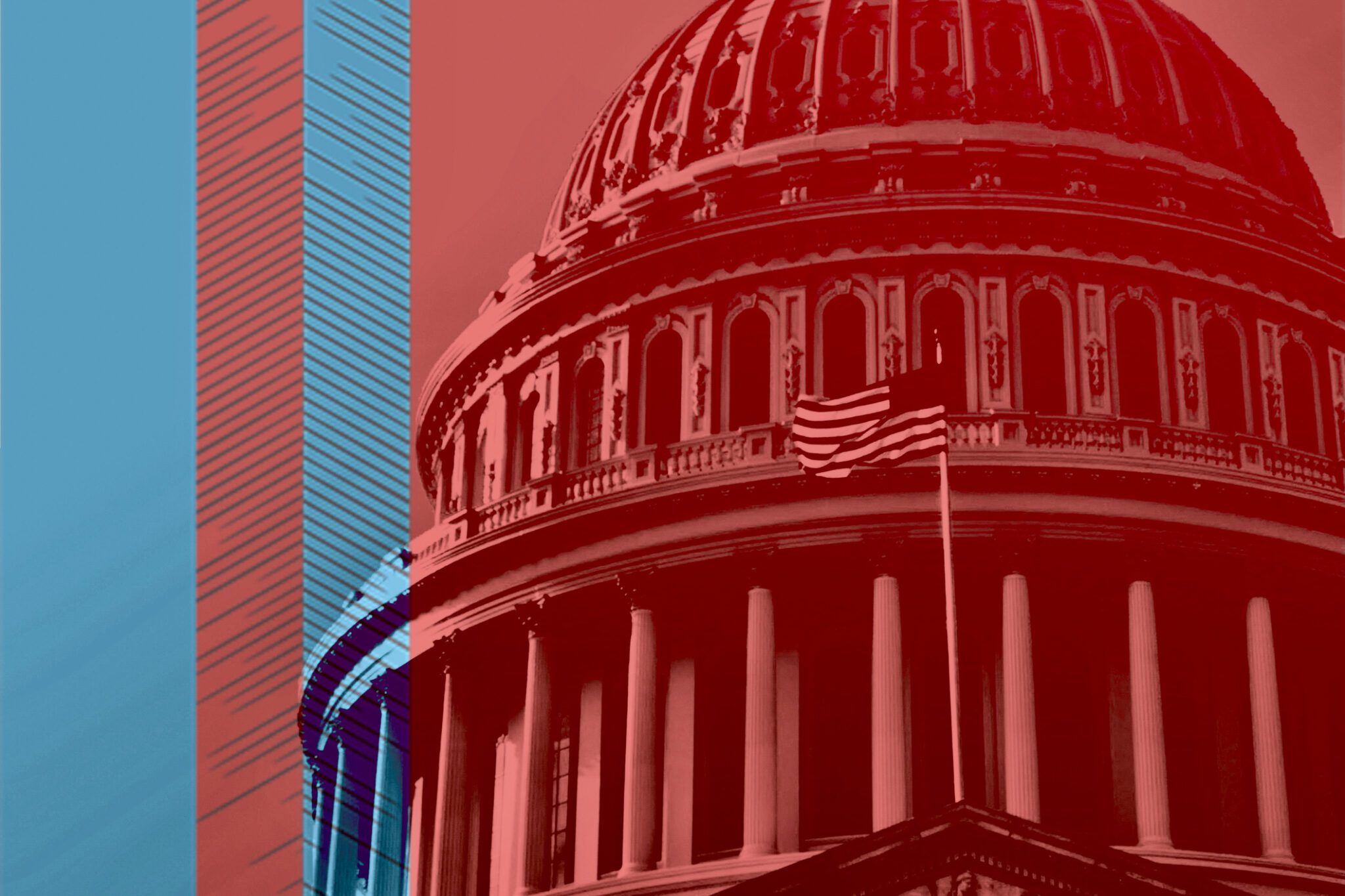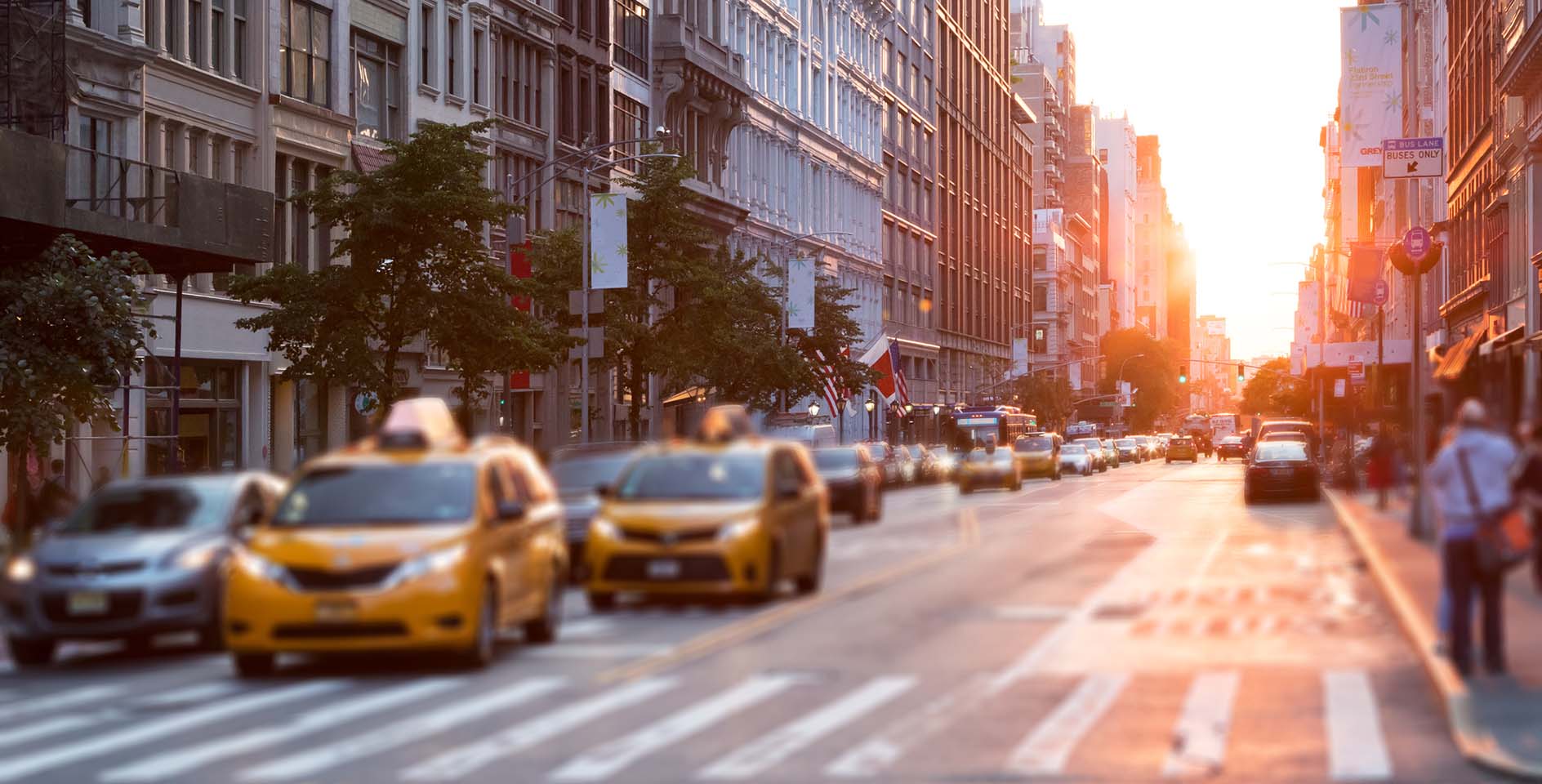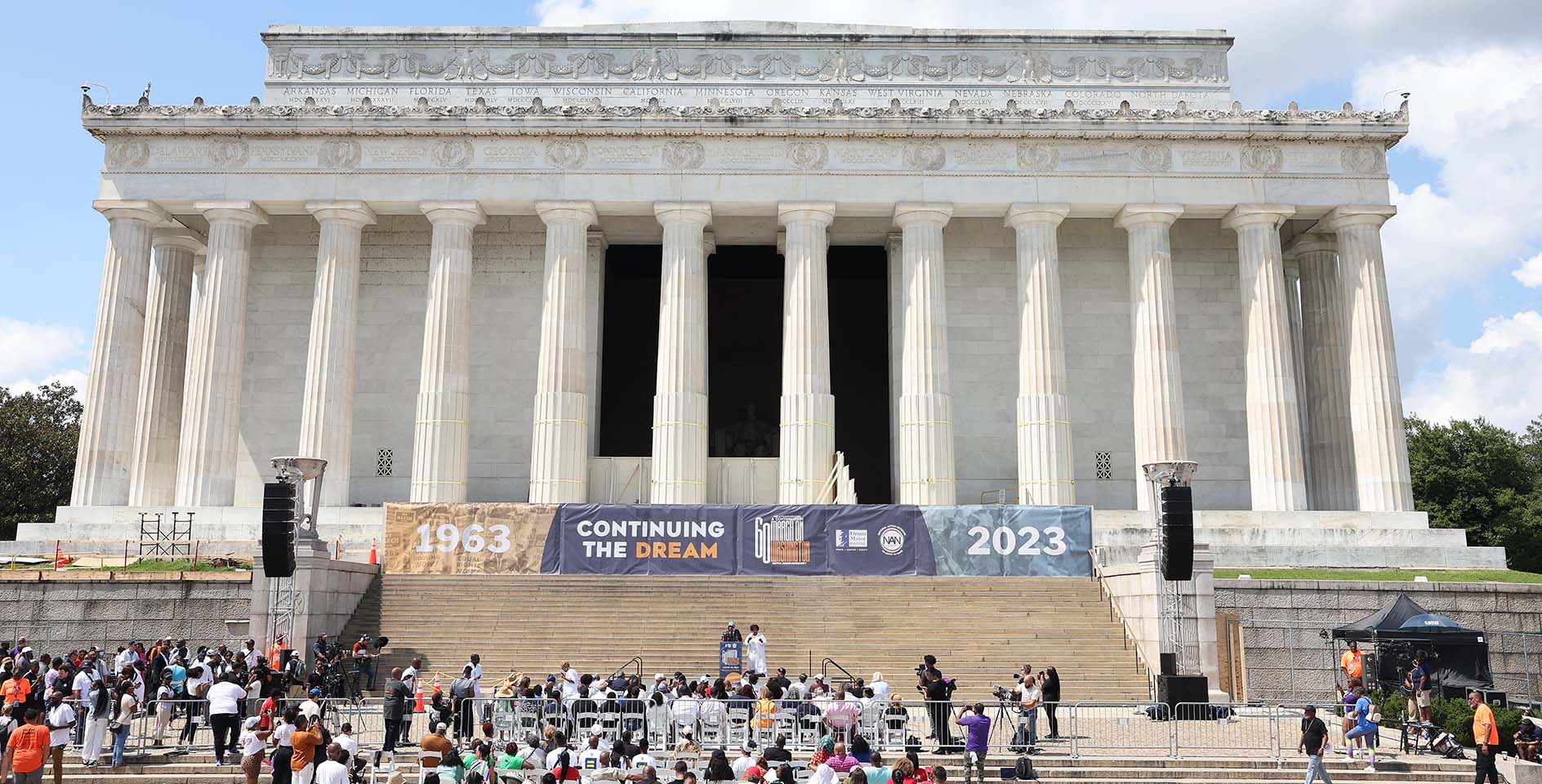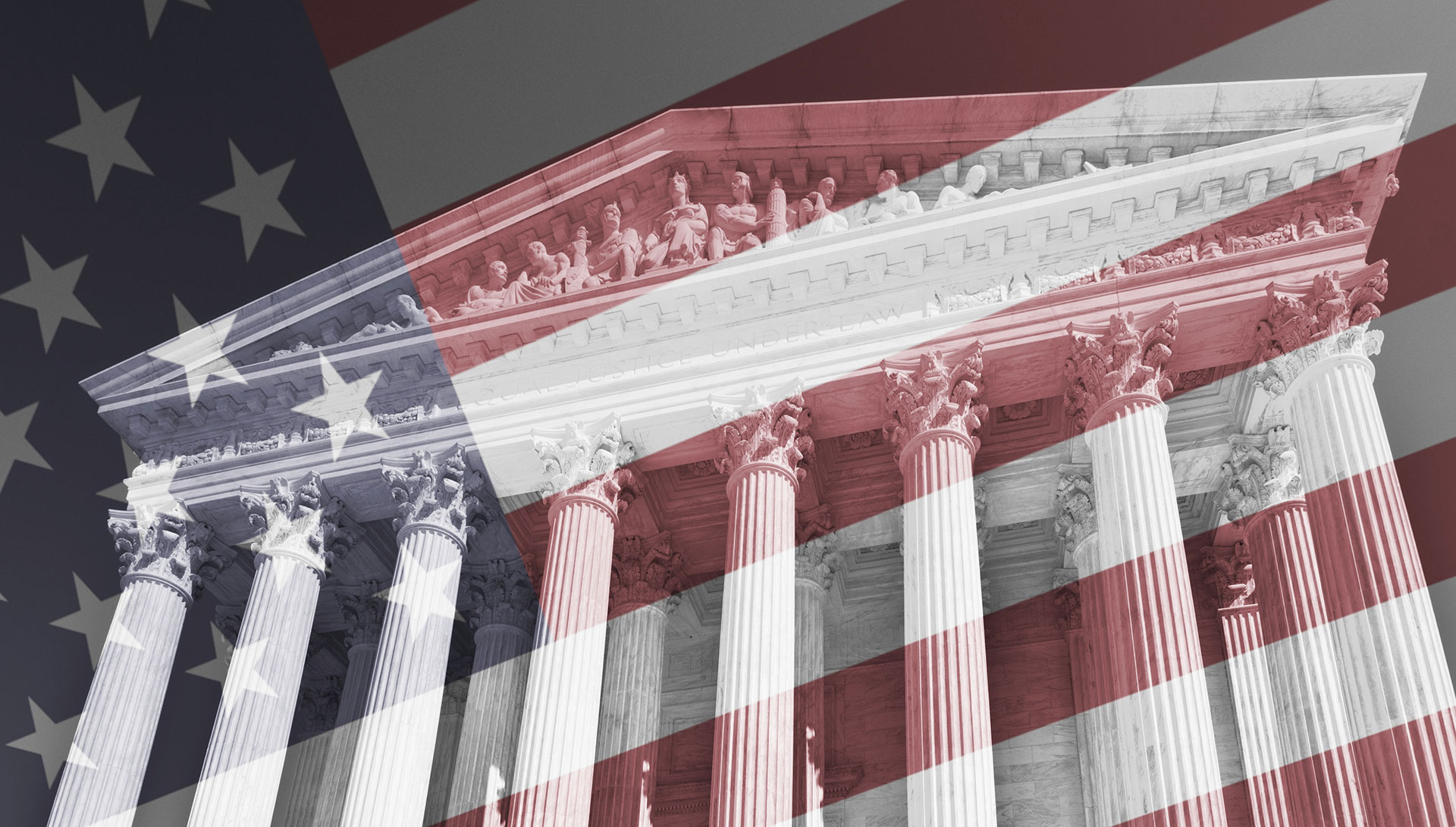My family always looks forward to the Fourth of July. I grew up on the east coast only a few hours from our nation’s capital. Many times when I was a child, my parents would take us to see family outside of Washington around the Fourth. To celebrate Independence Day, we would venture into the city to watch the massive fireworks show near the Capitol. And looking back, I can still remember the sense of awe and wonder I felt in those moments. To me, those songs and fireworks in that city on that day, that was America.
But it is little wonder I grew up believing I lived in the greatest country in the world. My dad has always been an American history buff. And every time we visited the district, he made sure my siblings and I learned all we could. I remember being mesmerized by the city’s stunning monuments and memorials. And in addition to spending countless hours in the Smithsonians and other Washington museums, I also traveled many times to Mount Vernon, George Washington’s homeplace, and stood at the feet of the much-larger-than-life statue of the Great Emancipator in the heart of the city. There was so much to take in, and each visit left me overwhelmed. And as I grew, I fell in love with America’s story.
Learning to see differences
But something else happened as I grew up, too.
I’m from a majority-minority city. Like many places in the South, my hometown is divided, not merely along figurative racial lines, but literally by railroad tracks. In our city, there was a white part and Black part of town. And the railroad tracks marked out the boundaries.
I went to public school. From elementary school, I had always kept a pretty diverse friend group. That became even more true by the time I made it to high school, when as a freshman I was the only white student in the drumline. Up until that point, I had never really paid much attention to race. I knew about slavery and a little bit about Jim Crow and the Civil Rights Movement, but I mostly assumed that all of that was settled and behind us. Growing up, I knew that I was white and some of my friends were Black and others Hispanic, but I never recognized any real differences between us.
By the time I made it to high school, I began to notice that some of my friends had a much different experience than me, which showed up in a lot of ways. Some of my closest friends lived in real poverty. Others lived in homes without a father. Many of them had encounters with police before they were old enough to drive. And those are just a few of the more obvious things.
Over the last several weeks, our country has been thrown headlong into tumult over racial injustice in America. By now, we all know and recognize the tragic events that brought us to this moment. The deaths of George Floyd, Breonna Taylor, and Ahmaud Arbery are but the most recent in a decade-long, high profile series of Black Americans losing their lives from clashes with police, or, in some cases, armed citizens. And it seems we’ve reached a tipping point.
A cultural tipping point
Each one of these deaths was a tragedy. But for years, each one has been litigated and debated in the court of public opinion. And rather than empathy and compassion, often the response has smacked of tribalism and self-protection. That was before we watched a young man named Ahmaud Arbery lose his life on video, due to some kind of deranged vigilantism. His death shocked the nation. And only a few weeks after the release of that video, the footage of George Floyd’s death began to circulate. Seeing George Floyd die under the weight of a uniformed police officer’s knee as he begged for mercy was simply too much for too many.
For years, Black Americans have been crying out about issues related to racism and injustice in America. Decade after decade, they’ve begged for a response to police brutality and for criminal justice reforms aimed at correcting a system that deals out unduly harsh punishments in cases where it is hardly warranted. And in the aftermath of these most recent fatal tragedies, we’ve seen crowds of thousands descend upon urban areas across the United States, in cities large and small, demanding justice.
Those cries have not fallen on deaf ears. In ways I never anticipated, we are watching not only individuals but institutions respond to these demands for change. And in the last several weeks, I’ve seen many white Christians take the opportunity to listen, to seek understanding they’ve never had before, and to ask what they might do to make a difference. Likewise, I’ve seen many of my Black brothers and sisters take the time to share, speak, and educate others about what it’s like to be Black in America today.
Not everyone, of course, has done this well. Unsurprisingly, some of the loudest voices (on both sides) have proved the most unhelpful. And some, in their zeal, have taken certain efforts or ideas too far. Others have used this moment as a cover for other kinds of subterfuge or wickedness. That is both regrettable and predictable. But to focus on those things is to miss the point. To perceive the best in what’s happening right now is to note both the church and our society making strides in order to see all people treated equally before the law, with the rights, dignity, and opportunities they deserve.
A more perfect Union
Christians in the United States are called to be good citizens (1 Pet. 2:13-17). And ideally, that means Christians will enjoy and have a deep affection for the nation to which they belong. I’m grateful to God to be an American. This country has been good to me and has afforded me incredible opportunities. But over the last several weeks it has become even more obvious that not only has America not always been good for everyone, but there are many people for whom it still isn’t.
And it’s okay to say so.
Being a Christian means recognizing that our ultimate allegiance does not belong to any earthly nation, but to the kingdom of heaven (Phil. 3:20). That means we don’t have to mask America’s flaws. No earthly government will ever perfectly manifest the righteousness of heaven. And when our nation and its laws fall short of the ideal, we never have to pretend otherwise. Our nation is fallible; our Savior isn’t.
Being a Christian means recognizing that our ultimate allegiance does not belong to any earthly nation, but to the kingdom of heaven (Phil. 3:20).
One of the best ways Christians can celebrate our nation’s independence this year is by renewing our commitment to seek “a more perfect Union.” This Fourth of July, we not only remember the past, but look toward the future—a future free of racism and injustice, a future where all Americans are truly free and equal, and a future where one’s skin color isn’t regarded as a liability. And we not only look, but as Jesus taught us, we ask God even now to make the earth look more like heaven, and to use us to do so (Matt. 6:10).
And as we move forward, the words of Abraham Lincoln are as appropriate for this Independence Day as they were when he uttered them some 150 years ago in his Second Inaugural address, “With malice toward none, with charity for all, with firmness in the right as God gives us to see the right, let us strive on to finish the work we are in, to bind up the nation’s wounds.”










